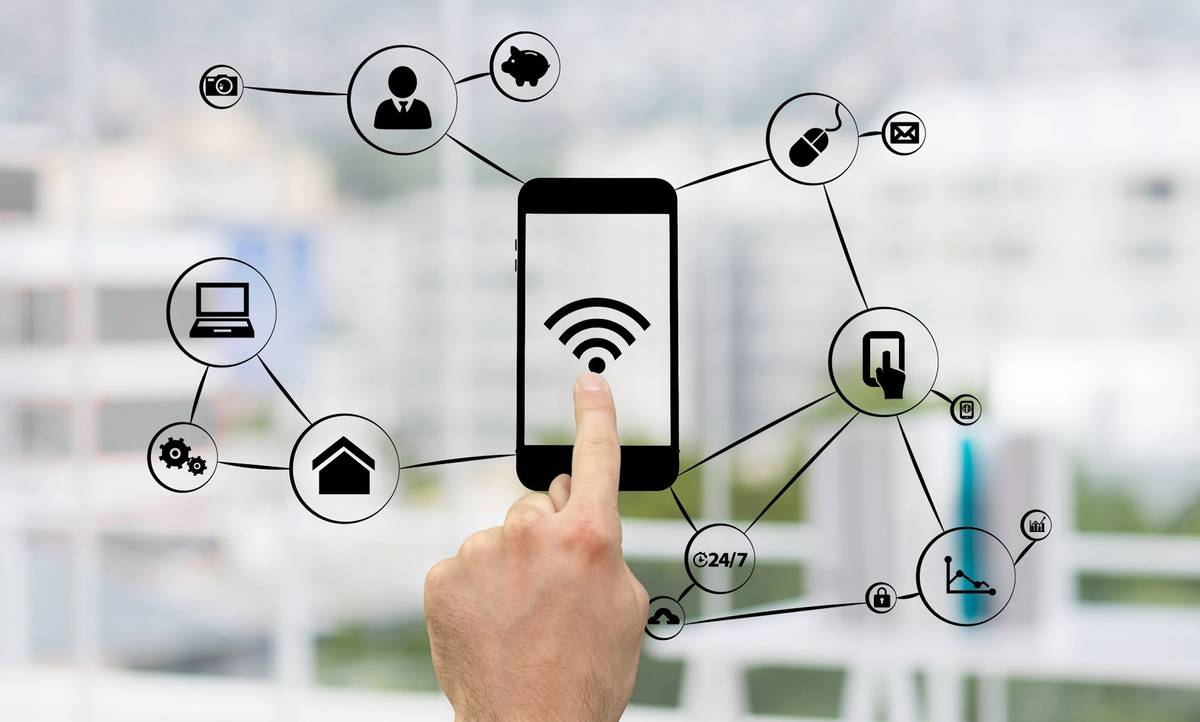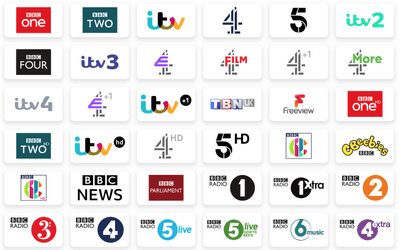What is mobile broadband?
Mobile broadband is a type of wireless internet connection that uses mobile networks to provide internet access to devices like smartphones, tablets, and laptops. It works by connecting to a phone network (such as 4G, 5G, or older 3G networks) rather than a fixed broadband line (like fibre optic cable). This allows users to access the internet at home or on the go, without needing a wired connection.
Can you access mobile broadband anywhere?
Mobile broadband is available across most of the UK, but coverage depends on your location and the mobile network provider you use. While cities and towns generally have strong 4G and 5G coverage, rural and remote areas may experience slower speeds or weaker signals, particularly indoors or in areas with natural obstructions like hills and forests.
To check coverage in a specific area, you can use coverage maps provided by major UK mobile networks, such as:
For the best performance, you may also consider using an external antenna or a mobile signal booster if you're in a weak coverage area.
How to access mobile broadband
You can access mobile broadband through various devices, including mobile Wi-Fi router hotspots (MiFi), data-only SIM cards, routers with sims, or dongles that plug into your laptop.
Most of the big broadband operators – Three, EE, 02 and Vodafone – offer mobile broadband deals through one-month rolling contracts, 12 and 24-month terms.
Connect multiple devices with MiFi
Standing for ‘mobile Wi-Fi’, MiFi are portable wireless devices that use a data SIM to tap into 4G or 5G phone networks and create an internet hotspot. These are ideal if you want to connect multiple devices. It's like having a pocket-sized portable router.
Data only SIMs
Designed to be fitted into tablets and other mobile broadband devices, a data-only SIM gives you a monthly allowance of data. Unlike more familiar, standard SIM-only deals for smartphone users, what you don’t with get a data-only SIM are texts and call allowances. These only work for one device at a time.
Most data only SIMs won't work in phones – they won't be able to send or receive calls or texts at all.
Dongles for mobile broadband
A mobile dongle is a good option for laptop users (that a data only SIM card won’t work with) as you can connect to the internet just by plugging your dongle into your laptop. There’s no need to charge it, and setup is still very easy. These work like inbuilt SIM, buy the data and then plug in to use and work on just one device at a time.
Mobile broadband router
With a mobile dongle or MiFi you can have access to broadband services almost anywhere, handy for example if you want to send emails from your laptop whilst travelling on the train. However, mobile broadband can be more than an on-the-go option.
Getting a home router that uses mobile broadband rather than fixed-line internet can also be an option, especially if you don’t have access to a reliable fixed-line broadband option.
Three Home mobile broadband
This service by one of the UK's leading mobile providers lets you get online through a 4G or 5G network to enjoy fibre speeds without a physical cable network. No landline is needed. No engineer visit will be required. It really is just a case of plugging in a hub and off you click. These can be unplugged and used elsewhere too, so perfect for anyone with two addresses, or in short-term accommodation.
It’s technically like a mobile Wi-Fi device, but you get a broadband hub that gives a much stronger and greater reach than a dongle. They can power entire homes rather than just a single device.
Whether you can get Three Home Broadband depends on Three’s wireless network signal. Coverage isn’t guaranteed everywhere, so the first port of call is to check your postcode. This will show whether you are in range. It also shows whether you’ll be on a 5G or a 4G signal. 5G is what you’ll want to be on as it gets faster speeds and greater bandwidth.
Signal strength is everything with this technology. Unlike fixed-line, it’s difficult to know exactly how strong – or not – your home’s connection to its nearest mast will be until you actually plug in and try. Three Home Broadband acknowledge this and there is a 30-day money-back guarantee for anyone disappointed in what they receive.
Find out more about Three mobile home broadband.
Can you use mobile broadband abroad?
Most mobile broadband can be used abroad, but it depends on your provider and the roaming agreements they have in place. Many UK networks offer international data plans or roaming add-ons that allow you to use your mobile broadband in other countries. However, data usage abroad can be expensive if you don't have the right plan, and some providers may impose limits on speeds or data usage while roaming. It's always best to check with your provider before traveling to avoid unexpected charges.
How fast is mobile broadband?
Your speed will all depend on where you are and whether or not you can get a 5G signal. 5G is the fifth generation of mobile network. It’s the next release after 4G, and delivers a massive leap forward in both speed and quality.
If you have access to a 5G connection, compatible mobile broadband devices can connect you to speeds faster than some fixed broadband connections.
Strong 5G connections can get speeds of 150-200Mbps, putting it in direct competition with many ultrafast fibre packages.
However, your speed depends on your connection. It can fluctuate throughout the day based on where the device is located, what objects surround it, and how many other devices are sharing the network.
4G has a much more established mobile network across the UK right now and is capable of a more consistent connection. Its speeds usually rest around 24Mbps, which is significantly slower than 5G but still double the speed of traditional ADSL home broadband.
Compare our best broadband deals
Search now to find the best broadband package for you.




